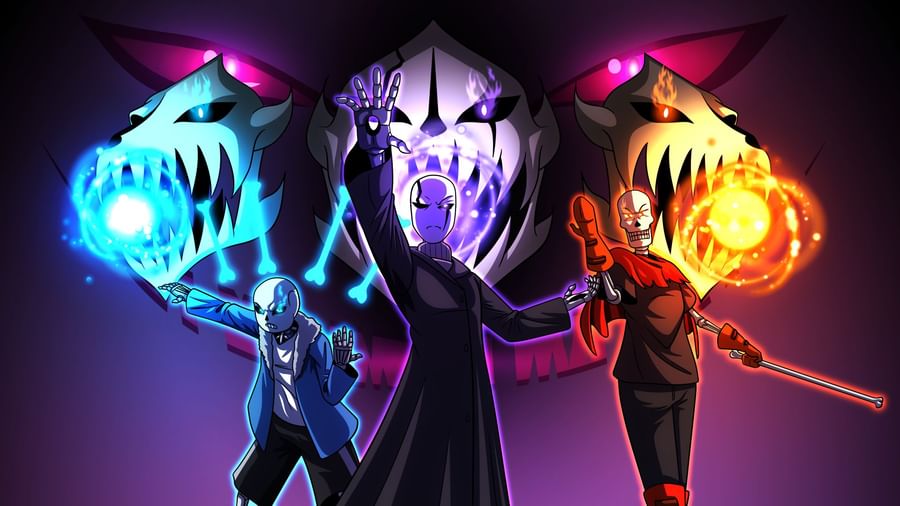

And then the story would de velop in his, and out of his, own person ality – and that was the storyteller's life and world." Talked, gradually telling a story of death – some old extraordinary raja, you know. Understand a word, I was fascinated! The storyteller would entice his audience, first putting a hand in his pocket and then gradually taking outĪ packet of matches, then a candle, then a knife, and an old flower. It's one of the basic concepts of living that stories are one great story of which all stories partake."įrom that postulated by the printed page. But before that, in the oral tradi tion, stories could continue forever. Printing con fined a story within aīinding and imposed artificial limits. "Before the whole Gutenberg galaxy thing, storytelling was more intimate, more immediate – like film. IĪctively prefer to be in the cinema, but not the cinema of literature, which is like Victorian pictureīooks. I've always wanted to get my thoughts over in film visually, without the intermediary of literature. I guess, maybe twenty-eight, is rooted in the literary tradition. But pretty well everyone over the age of twenty-five, Grammar," says Roeg, his voice characteristically stressing the key words as he Just beginning to read film – they know the Roeg's antipathy toward the film busi ness stems from a long exasperation with the unimaginativeness of commercial Inside, Roeg unbuttoned his duffel coat, unfurled his scarf, and settled into a black leather "analysis" couch After meeting in the commissary, Roeg and I Kind of weather-beaten but urgent middle-crust accent.

Role in Bad Timing), and he speaks with the same A genially disheveled figure with a crinkled smile, he has a passing likeness to the veteranīritish actor Denholm Elliot (who plays a supporting Put down his editing scissors for an after noon recently to show me his new film and to talk about his

Venice and in The Man Who Fell to Earth, David Bowie came from outer space to dwell among the mirages of Western civilization. Middle, and an end, but not necessarily in that order." Walkabout was a visionary, time-chopping pilgrimage through the Australian bush Don't Look Now took Julie ChristieĪnd Donald Suth erland to hallucinogenic Ever since Per formance burst upon an unsuspecting world back in 1970, after a long sojourn on the shelf, Roeg hasīeen turning narrative conventions inside out and giving trompe l'oeil expression to Loose ends are what nonconverts to Roeg's special branch of cinema might think the director delights in creating rather than tidying up.

Suicide attempt by the woman and the arrival of Harvey Keitel as a police officer charged with tidying up the case's loose ends. The affair climaxes with a mystery-shrouded Yale Udoff, Bad Timing tells of the stormy love affair between an American psychoanalyst (Art Garfunkel) and a passionate American woman (Theresa Russell). Produced by Jeremy Thomas, set in Vienna, In postproduction at Pinewood Studios in England. You can say things visually, immediately, and that's where film, I believe, is going. You have to findĪnd you mustn't be afraid of the audience not understanding. Talk or in his work, rather a magnetic field in which bits and pieces flyĪround a firm center. There is no straight line of thought in his He makes films – with a restless, fragmented, quicksilver passion. Nicolas Roeg talks in the same style that Like the American film business, I don't like the French, German … I don't like the film business.


 0 kommentar(er)
0 kommentar(er)
